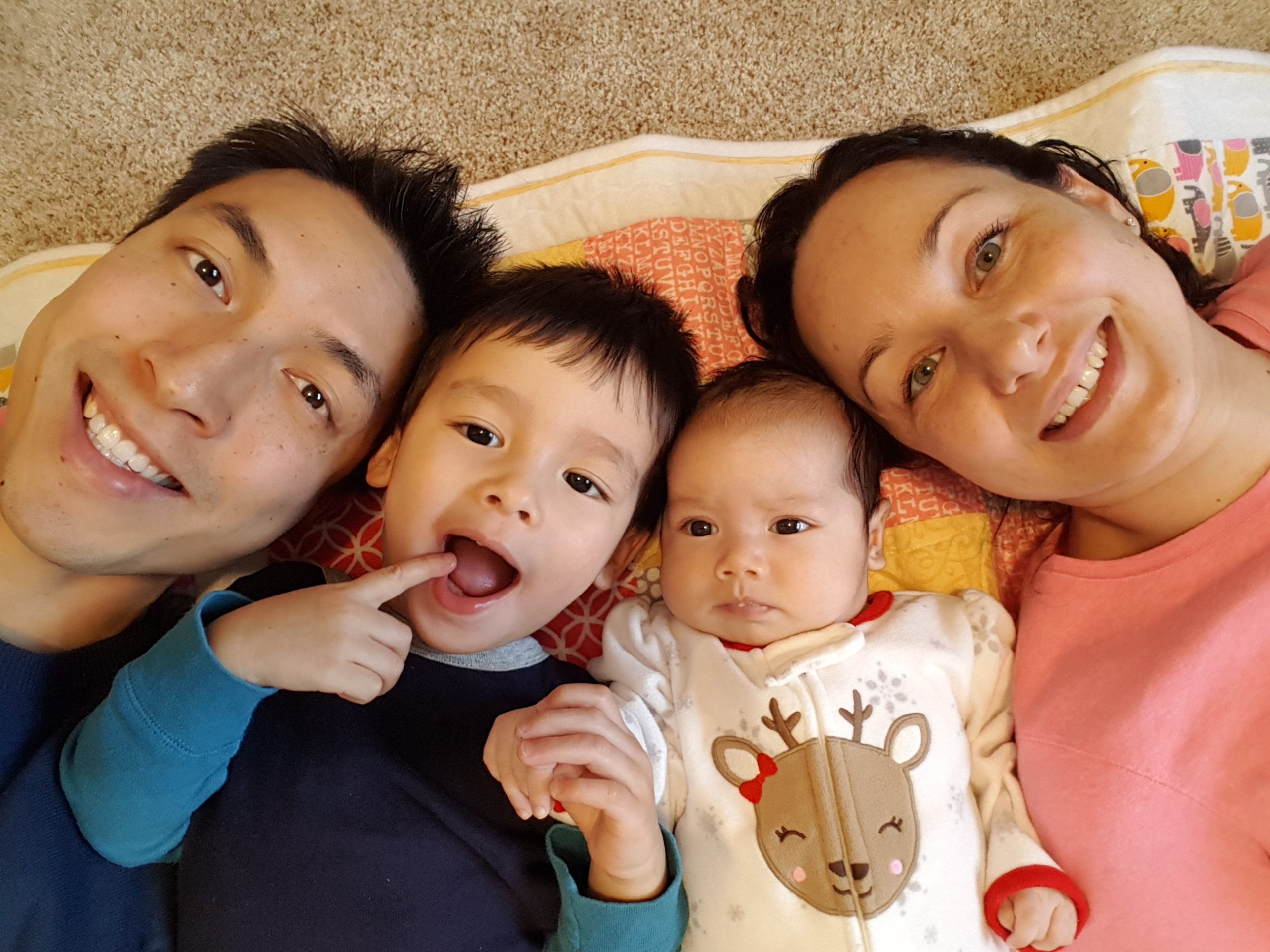I just introduced an allowance for the kids this year. After reading the book “The Opposite of Spoiled,” I got some ideas about how to teach the kids about money and finances.

Raising spoiled, ungrateful or out of touch kids certainly hangs in the back of my mind. Shannon and I grew up without a lot of money, our parents having even less. But our kids are growing up not seeing that side of life at all.
Here are some thoughts that I’ve recently tried to convey now that the kids are older.
I realized that parents, us included, probably have very low expectation of our kids. I’ve been trying to give them more responsibility. Like when Everett and Sierra made their own breakfast last year including fried eggs. I’m finding more ways for them to contribute to the household such as dishwasher duties, laundry and helping out with changing the lightbulbs. The temptation for the adults is just to do the work quickly ourselves, but taking the time to teach the kids to do the work is probably very important.
In an effort to instill good work habits including doing Kumon, homework and piano practice, we adopted Harrison’s fear that Isla may become homeless because she didn’t want to do her Kumon. I think it was mentioned to him that the panhandler did not do well in school and so ended up homeless. Well, this may be true, but I’ve talked to the kids about why some people might have had other circumstances leading to their misfortune. Yes, it is important for our kids to work hard, but also to consider that other people may be in hard times because of factors out of their control.
I’ve made a spend, save and give jar, and am paying the kids their age in loonies. While probably a good concept, the spend jar over the past several weeks is just another save jar because we have been isolating and not going anywhere for the kids to be able to spend any of their money. And the save jar is theoretical as the kids don’t really have anything to save for right now. Similarly with the give jar, for which we need to eventually find a cause to support. It has been helpful having them think about splitting the allowance however, and Everett starting to understand denominations and math.
I think the biggest recent epiphany about money and trade-offs is the discussion I had with Everett (and Sierra) when he told me again that I should buy a Tesla. Our neighbours have the Model 3, a really cool car that self-drives and has big eye-catching screen that one can play games on. We even watched a “Christmas light show” in their garage. I’ve made mention about buying a Tesla for years, and have definitely had my eye on the cars. The kids don’t understand just why we don’t already have a Tesla until I think just this week.
“Well,” I told them. “The neighbour’s Tesla costs $100,000.” It is a compact sized car, smaller than our current SUVs. “Mom and dad’s cars both cost $35,000 each. That means we will have to sell both of our cars, Everett and Sierra will have to spend all of their money in savings, AND dad will need to pay another $20,000 before we can buy the Tesla. Do you think that’s a good deal?” Everett is very proud of his accumulated $8000 in savings since his birth and the idea of not have this nest egg makes him uneasy. I think Everett got it, and it became very clear why we don’t have a Tesla.
The cop out I think is to say that we can’t afford it, but that is not the real reason. The final chapter, and in my opinion the best, of “The Opposite of Spoiled” is about Trade-Offs. How can we teach kids to define what is “enough,” narrating financial decisions, setting limits and priorities. “Good living is about making good trade-offs” and making a choice to spend money or not (saving) can both be rewarding. Teaching the kids to be aware of this, and having them decide on what they think is valuable and spend their money on I think will be a very useful and interesting endeavour.








